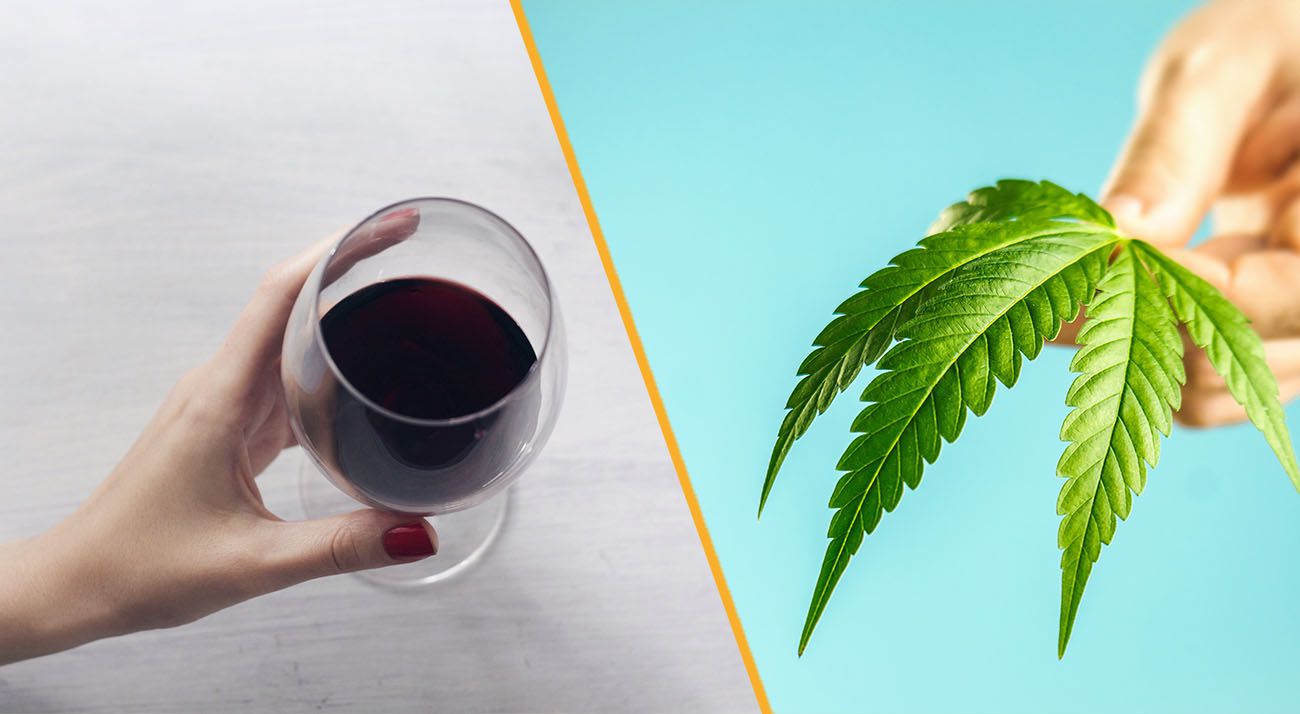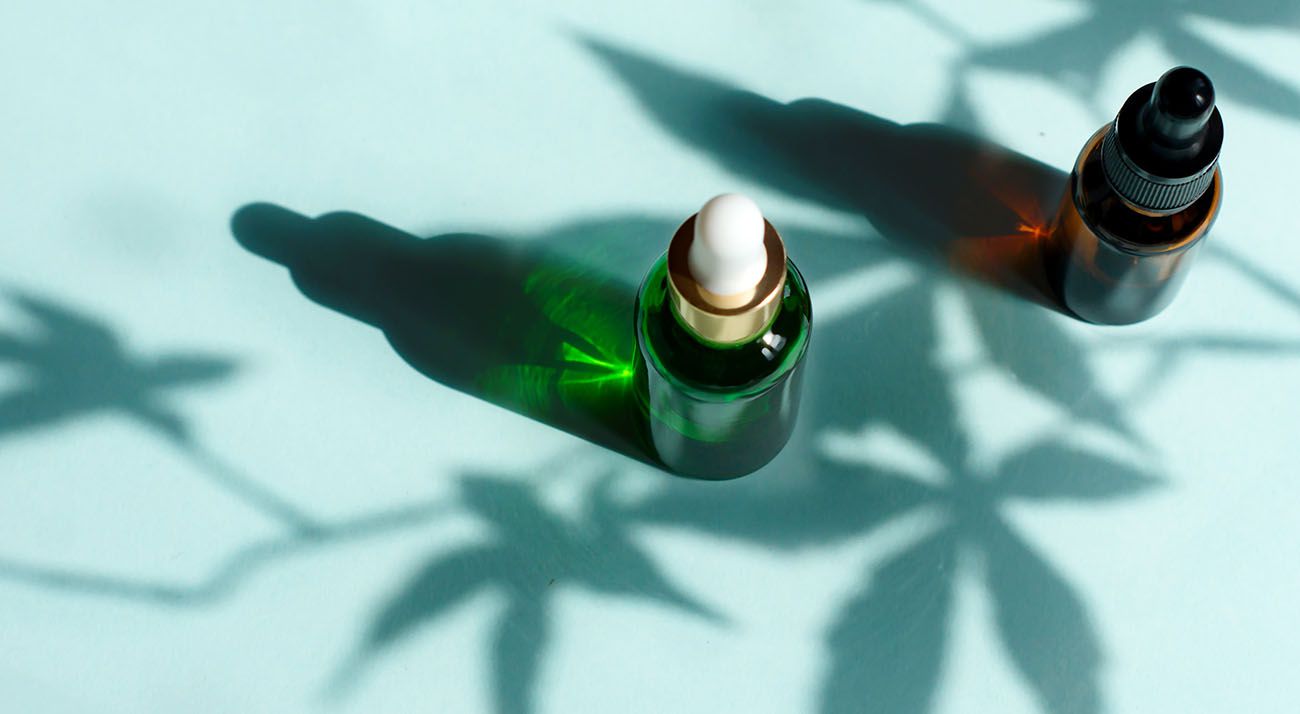New research from the University of New Mexico has found that inhaling cannabis with a higher portion of THC is more effective at treating anxiety than inhaling cannabis with CBD.
Freshly-published research in the Journal of Cannabis Research has explored whether tetrahydrocannabinol (THC) or cannabidiol (CBD) is more effective at treating feelings of anxiety, irritability, stress, and agitation. Both THC and CBD currently appear in cannabis medications used to treat anxiety, with THC known as a psychoactive component of cannabis.
The research used data reported by cannabis users through MoreBetter’s Releaf App. The study used a subset of sessions recorded between June 6th 2016 and February 23rd 2019. A total of 670 people participated in the study, recording 2,306 sessions of cannabis use.
When logging a session, participants were asked if they felt agitated, irritable, anxious, or stressed before inhaling cannabis and how they felt after inhaling cannabis. Using this data, researchers found that using cannabis resulted in a reduction of symptoms in 95.51% of sessions.
How well cannabis treated a symptom was graded on a 10-point scale. This showed that cannabis reduced agitation and irritability by 4.33 points, anxiety by 3.47 points and stress by 3.98 points.
Further analysis of the data also showed that participants who had inhaled cannabis with mid-to-high THC content were more likely to experience a reduction in anxiety than participants who inhaled cannabis with CBD.
This suggests that medical cannabis containing THC may treat feelings of anxiety better than cannabis containing CBD. In the conclusion of the study, researchers confirm this takeaway, writing:
Our findings suggest that self-directed use of cannabis flower, especially that with higher THC levels, is associated with significant improvements in at least short-term feelings of distress.
The study also found that negative side effects are outside the norm for cannabis users, as the majority of reported side effects were positive. Positive anxiolytic side effects (like feeling happy, optimistic, relaxed etc.) were reported in 66% of sessions, while negative effects (like feeling anxious, irritable, paranoid etc.) were reported in 13% of sessions.
If WA’s Minister for Fear Mongering Education and Training is looking to update her research, she should read this study.









